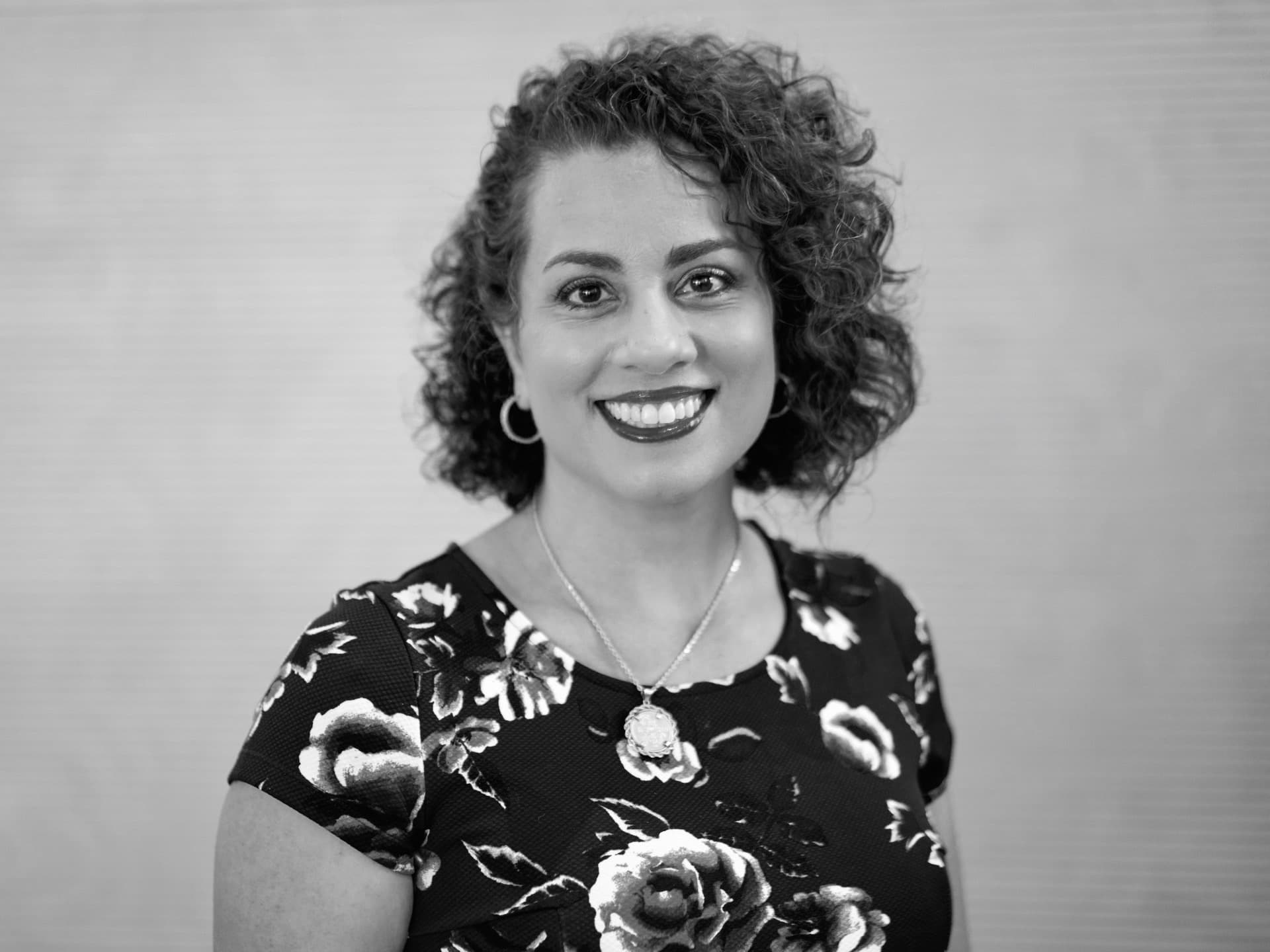When Myra Clark-Siegel, wife of Israeli Consulate General David Siegel, packed their things for their Los Angeles mission, she sacrificed a few items. But she couldn’t leave behind her children’s favorite books, no matter that they weighed down the suitcases.
“We love reading, and we value reading and books enormously,” Clark-Siegel said in a phone interview from their new home in Los Angeles.
The native Texan made aliyah at age 25, and the couple’s children are bilingual. “It’s a joke where I keep telling my husband to stop buying books.”
But for the past year in Israel, the Siegel clan had one fewer book to buy per month. Free classic Israeli children’s books were delivered every month straight to the Israeli preschool of their youngest child, Ben, 4, as part of Sifriyat Pijama, an Israeli offshoot of the PJ Library program.
Conceived by Massachusetts entrepreneur and philanthropist Harold Grinspoon, PJ Library was launched in 2005 and funded by the Harold Grinspoon Foundation and strategic partners to instill Jewish values within American Jewish families through reading. All families had to do was sign up to receive free monthly mailings of Jewish-themed books. Today, more than 70,000 families are participating in the American program.
In 2009, PJ Library launched its sister program in Israel, Sifriyat Pijama, providing Hebrew-language children’s books to the country’s neediest public preschools. The program has grown dramatically with government support. In its first year, Sifriyat Pijama served 3,500 Israeli preschoolers; today it serves 120,000.
Clark-Siegel recalls how excited Ben and his classmates got when their Sifriyat Pijama tote arrived.
“He’d wait to read these books with David. It was a special thing they had together.”
When Encino-based philanthropists Adam and Gila Milstein, whose foundation supports causes that promote Jewish unity and continuity, learned about PJ Library from Grinspoon, they thought: Why not create an Israeli-American counterpart for PJ Library?
“I put two and two together,” Milstein said, speaking from the Encino office of Hager Pacific Properties, where he serves as managing partner. “You have books in Hebrew. We have about 700,000 to 800,000 Israelis in the United States that nobody can reach.”
Through Sifriyat Pijama B’America, which is co-sponsored by the Milstein Family Foundation, the Israeli Leadership Council and the Harold Grinspoon Foundation, Israeli-American families receive free monthly mailings of Hebrew-language books geared for children 3 to 5 years old. Within months of viral advertising, more than 2,000 families registered, far exceeding the Milsteins’ initial goal of 1,000. Next year, their goal is to reach 4,000 new families, and the waiting list continues to grow. He proudly scrolled down the list of sign-ups on his computer. “It’s hard to believe you have Israelis in Utah, Colorado and Minnesota.”
The program is a particular draw for “hybrid” couples with both American and Israeli roots.
“Language is a very important part of the culture and the tradition,” said Jasmin Epstein, sitting on the sofa of her Encino home with her husband, Danny Allouche, while their two oldest boys played nearby and their newborn napped. “We’re not just raising them Jewish kids, but Jewish Israeli kids that definitely have a connection to Israel.”
Born in Chicago but raised partly in Israel, Epstein married Allouche, a sabra from Omer, nine years ago. A former pro basketball player in Israel, Allouche, a financial adviser, moved to the United States after his Israel Defense Forces service to compete in American college basketball.
Children’s books, along with DVDs of Israeli television programs, give their children a cultural connection to their homeland and a sense of belonging when they visit their Israeli cousins.
Allouche remembers reading as a child the first Sifryiat Pijama book to arrive in early September: “The Bad Boy” by celebrated Israeli poet Lea Goldberg.
In the book, a normally well-mannered boy catches himself in outbreaks of bad behavior, from calling his aunt “stupid” to pushing his friend.
“It’s kind of true,“ Epstein said. “They’re not really bad kids. They have moments when their emotions take over, and I think that’s what the book gets at and tries to tell them.”
Asked what the book is about, their middle son, Guy, 4, recalled a scene when the boy calls his grandmother chamor (donkey), although at first he confused the word with shikora (drunkard).
“You wouldn’t have a book like this in English,” Allouche said, adding how the direct Israeli mentality is often reflected in children’s literature.
He noticed that in contrast to American children’s books, Israeli books tend to be more didactic. “If you scan the Israeli books and you look at Israel television shows for kids, there’s much more messaging and musak heskel (moral of the story).”
“The Bad Boy” is a favorite in the Siegel home.
“Every kid, especially young kids, have that side of them,” Clark-Siegel said. “They’re little kids. Ben is like most kids—we like to call him shovav, mischievous. It was a great book because it allowed him to understand that he’s not a bad kid, but if he does something mischievous or wasn’t behaving perfectly well, we had a mechanism for talking about it.”
Epstein and Allouche’s eldest, Evan, 6, prefers Hebrew books, hands down. “I like more books in Hebrew than in English,” he said. “And I like my Hebrew books because they’re cool, and that’s it.”
Did you enjoy this article?
You'll love our roundtable.
Editor's Picks



What Ever Happened to the LA Times?

Who Are the Jews On Joe Biden’s Cabinet?


No Labels: The Group Fighting for the Political Center
Latest Articles
Shabbat HaGadol – Redeeming Dibbur – Voice and Speech of God

Ha Lachma Anya

Passover 2024: The Four Difficulties

Israel Strikes Deep Inside Iran

NSFW – A Poem for Parsha Metzora












 More news and opinions than at a Shabbat dinner, right in your inbox.
More news and opinions than at a Shabbat dinner, right in your inbox.